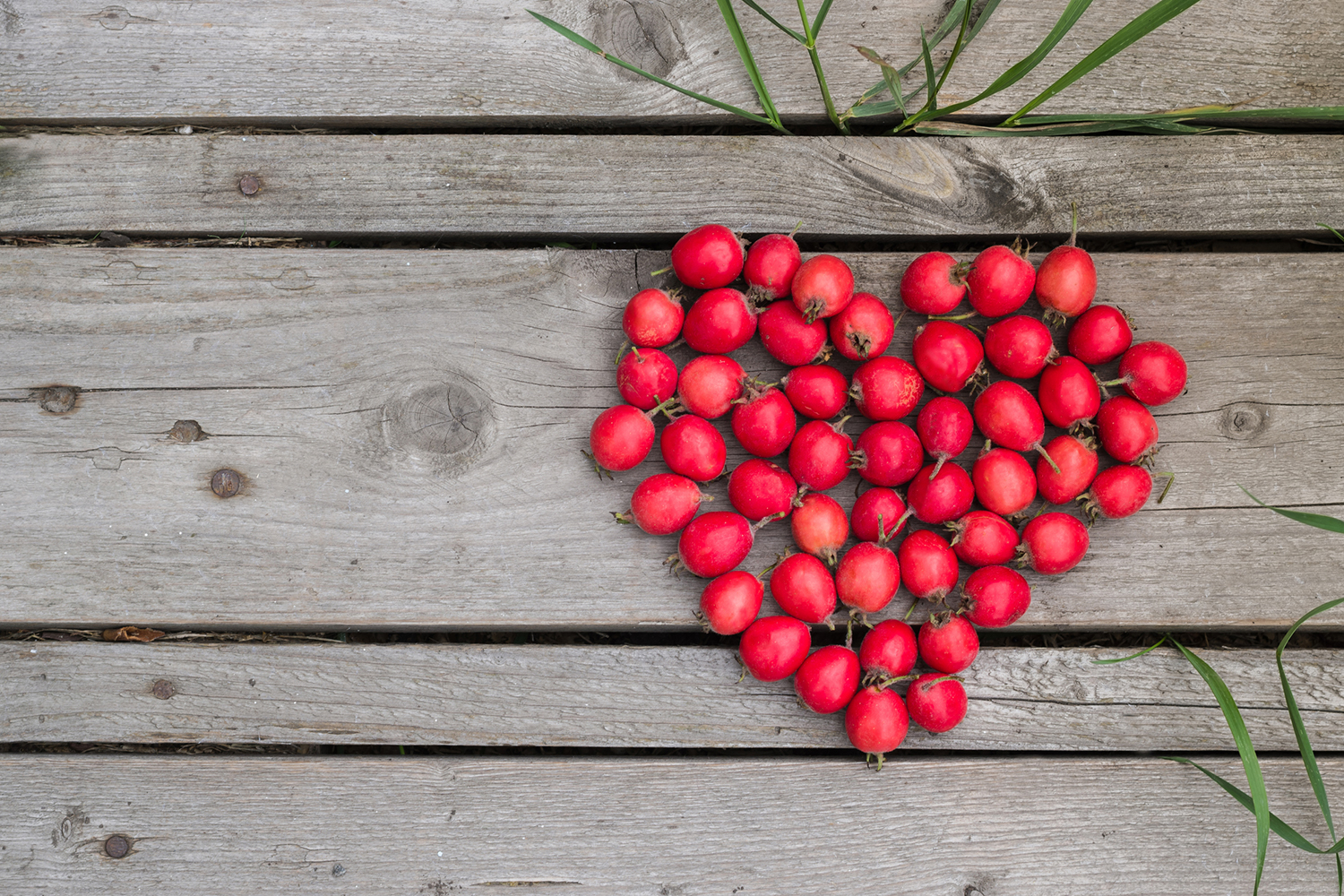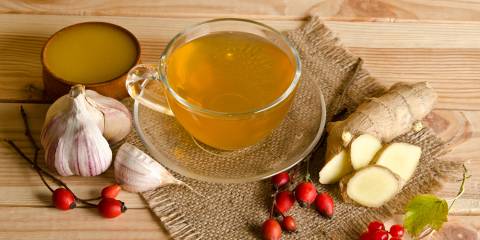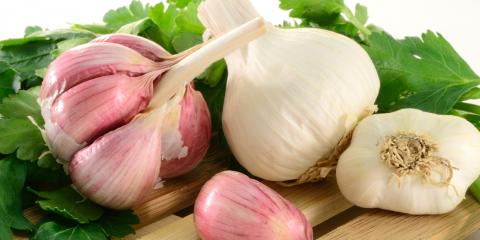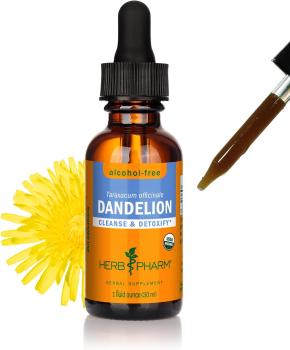Your cardiovascular system (your heart and blood vessels) serves as an essential transport system for oxygen, hormones, and nutrients. The symbolic center of life, vitality, and emotion, your ticker demands TLC. Heart disease is both common and deadly, accounting for one in every four deaths in the United States. A healthy diet, good lifestyle habits, and key medicinal herbs and functional foods can help keep everything flowing smoothly.
Heart-Healthy Diet & Lifestyle
You can dramatically reduce your risk of heart disease with a healthy diet, regular exercise, stress management, and not smoking. A Mediterranean diet high in vegetables, fish and seafood, fruit, fiber-rich whole foods like beans, nuts, and whole grains, and healthy fats including olive oil and avocados helps decrease oxidative damage and inflammation in the cardiovascular system while providing important fats, minerals, and phytochemicals. Limit sodium (especially from processed, restaurant, and fast foods) and use animal products as flavor-enhancing condiments rather than a meal’s mainstay, opting for grass-fed, pasture-raised alternatives. Do your best to keep your blood sugar and body weight in check. Consider herbs.
Herbs for a Healthy Heart
The following can be useful tonics for overall heart health and circulation. However, they may interact with some medications. Consult your healthcare practitioner.
-
Hawthorn
Hawthorn (Crataegus spp.) berries, leaves, and flowers act as a heart tonic when consumed in regular doses over time. Hawthorn decreases oxidative damage and inflammation, reduces blood pressure, modestly reduces cholesterol, dilates blood vessels, improves oxygen utilization, strengthens the structure and function of the heart, and reduces blood stickiness (also known as platelet aggregation). It also helps with healing from cardiovascular events, improves heart rhythm, reduces chest pain and angina, strengthens the heart in congestive heart failure, and helps achieve and maintain smooth blood vessel lining. Try it as a solid extract, standardized capsule, liquid extract, tea, or low/no-sugar jam.
-
Gotu kola
Gotu kola (Centella asiatica) leaf improves circulation as well as the integrity of blood vessel lining. Several studies support its ability to allay chronic venous insufficiency. Gotu kola also acts as an adaptogen, reducing the effects of stress, calming anxiety, and improving cognition and brain function. Look for organic products in pill, tea, liquid extract, juice, or food form.
-
Garlic
Garlic (Allium sativum) bulb modestly reduces blood pressure and cholesterol while acting as a general cardiovascular tonic. A classic “blood mover,” it helps reduce inflammation and increase circulation by thinning the blood and decreasing plaque formation and blood stickiness, clots, and coagulation. Eat one or more cloves daily or take it in pill form. If you detest garlic breath, you may want to try aged garlic extract or other odor-free forms.
-
Blue-Red Pigments
Blue-Red Pigments such as anthocyanidins, phenols, and flavonoids from berries, dark purple grapes (including juice and red wine), pomegranate, and hibiscus flower calyxes have a broad tonic effect on the cardiovascular system, fighting both inflammation and oxidative stress while improving the integrity and flexibility of the blood vessel lining. In studies, consuming several cups of hibiscus tea (using 10 to 20 grams of dried herb daily) lowered blood pressure as well as several common pharmaceuticals. Consume blue-red pigments regularly as food, pure juice (check ingredients to avoid sugary filler juices), tea, or supplements.





